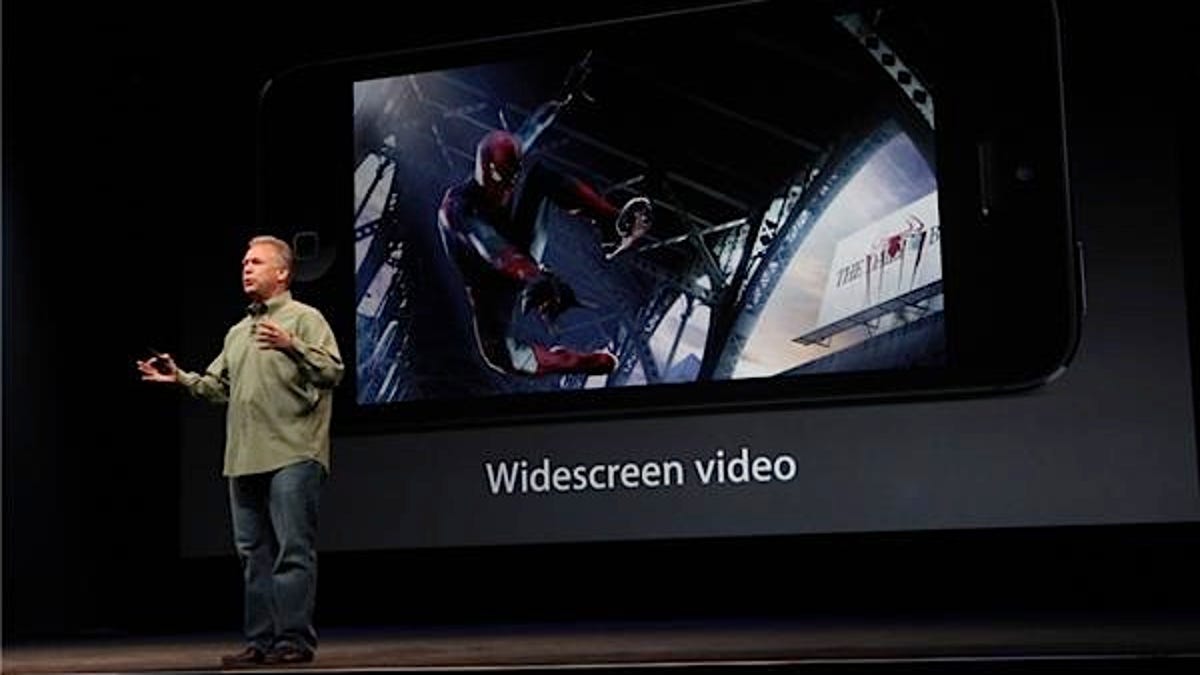Apple, and the media, bury the PC
PC news can't compete with iPhone news. And it's not just about the Apple cachet thing. It's about the technology.

You would think the PC was six feet under by reading tech coverage this week.
With every aspect of the iPhone 5 dissected ad nauseam by legions of tech journalists worldwide, coverage of the ultrabook at the concurrent Intel event didn't stand a chance.
Problem is, there's just too much cool tech that Apple -- and the Android guys too, by the way -- pack into a handheld device. PCs, as they stand now, are a bit boring by comparison.
Here are a few of the most prominent technologies that ultrabooks -- the standard for cutting-edge PC design -- either lack or can't incorporate effectively:
- 4G: The vast majority of ultrabooks don't come with Internet-access-anywhere capability. (In my opinion, a big mistake. At the very least it should be an option.) The iPhone, on the other hand, has the fastest thing going, LTE.
- Ultra high-resolution displays: There is no Windows laptop out there with anything close to the 15.4-inch MacBook Pro's 220 pixel-per-inch (PPI) density Retina display, let alone the iPhone's 326 PPI screen. And PC makers like Dell and Hewlett-Packard still insist on selling mainstream ultrabooks with sub-120 PPI displays. Result: ultra boring.
- Cameras: Aside from videoconferencing (which the iPhone can also do), the utility of a laptop's camera is problematic. Meanwhile, the iPhone's camera is good enough to turn many digicams into paperweights. And that now includes tech like panorama mode and video stabilization.
- Sensors: Again, the laptop paradigm doesn't lend itself to features like three-axis gyros and accelerometers. Not to mention digital compasses.
- Size: Though size is not a technology per se, it's a big factor. Intel processors are fast. No doubt. (And I like the Ivy Bridge processor in my laptop.) But until very recently you couldn't squeeze Intel tech into a phone. While it's possible now, the ARM variety of silicon is now the standard. It's not clear that Intel's chips have a compelling advantage over ARM in phones. Time will tell with tablets.
All of the above is here-and-now technology. We're not talking about, for example, futuristic tech that verifies a person's identity by reading the unique vein patterns in the palm of the hand. That's interesting Intel tech, but you won't see it for a few years, if at all.
And Intel had a lot to say this week about its upcoming "Haswell" fourth-generation Core processor. But the ultra power-efficient variety of that system-on-a-chip that gets loaded into tablets won't appear until the second half of 2013. Again, too far out there.
Meanwhile, Apple, Samsung, Google, Motorola, HTC, et al keep packing beautiful screens and better cameras into always-connected marvels of technology that you can buy now.
Here's a closing word of advice to Microsoft, Intel, and its partners to keep the PC above ground. Laser-focus on high-resolution displays, because a 13-inch Retina-class display would be stunning on an ultrabook. And make it touch, for good measure.
Any other advice from readers? I'm all ears.

